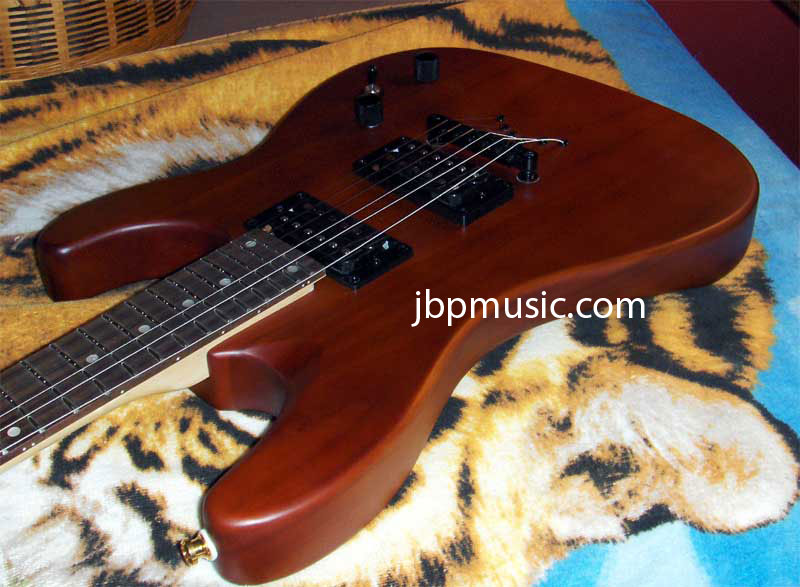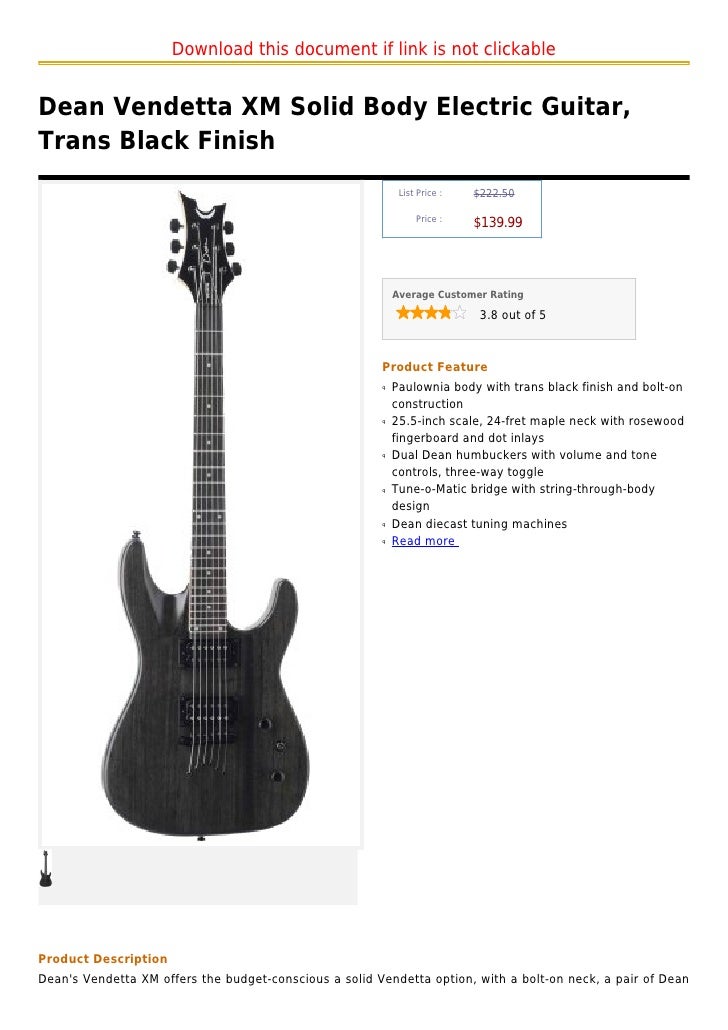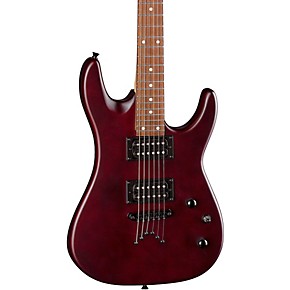
Free Shipping Dean Vendetta XM Electric Guitar Natural|guitar shipping| guitar tremologuitar goods - AliExpress

Dean Vendetta XM Tremolo Electric Guitar Pack with Amplifier - Red | Electric guitar, Guitar, Vendetta

Dean Vendetta XM Electric Guitar Review - Nice low price, but still - it needs work - The Guitar Review dot Com(tm)

Dean Vendetta XM Tremolo Metallic Black (292) - Tundra Music INC Vintage Guitars Store & More Toronto

Dean Vendetta XM Electric Guitar Review - Nice low price, but still - it needs work - The Guitar Review dot Com(tm)

Amazon.co.jp: Dean Dean Vendetta XM Electric Guitar – Classic Black Electric Guitar Electric Guitar (parallel import goods) : Musical Instruments




















